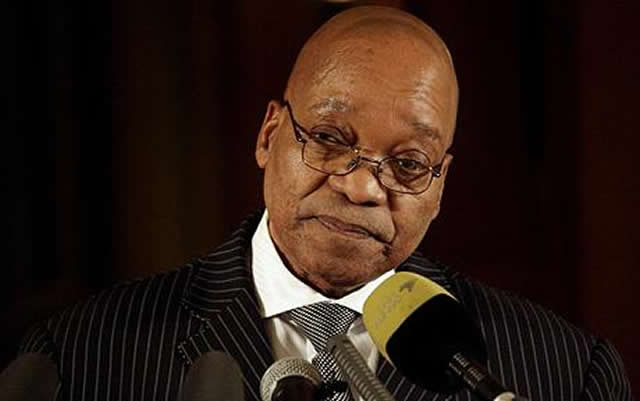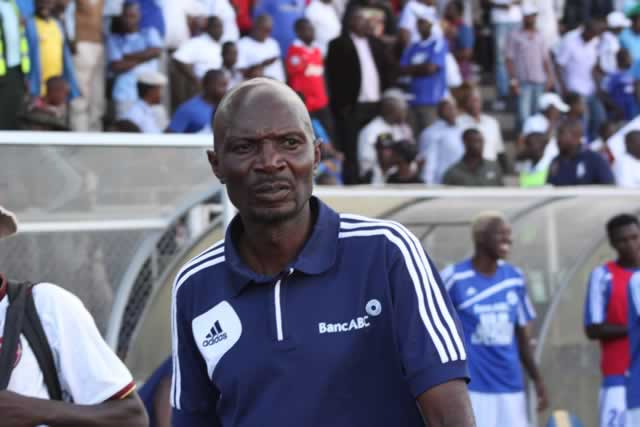World Bank should give ubuntu a chance in Africa


Traders at Egodini in this file photo. Africa’s indigenous market systems embrace solidarity entrepreneurialism principles such as endurance, loyalty, sharing, hard work and generosity
Dr Mary Njeri Kinyanjui
On September 24, 2014, Dr Marcelo Giugale, senior director of the World Bank Group’s Global Practice on Macroeconomics and Fiscal Management, held a lecture titled: What Every One Needs to Know About Economic Development, at the main campus, University of Nairobi.
Dr Marcelo observed that Africa’s embrace of the Four Ds (Democracy, Devices, Debt and Decentralisation) holds a great future for the continent. For example, democratic regimes have replaced autocratic regimes and unilateral decisions on how resources are allocated are no longer the norm. Citizen action is being rapidly mobilised through devices such as mobile phones and social media.
On debt, lenders are demanding more information and accountability. With regard to decentralization, devolution has seen resources go closer to the people. To crown it all, the prevailing impact evaluations on projects and standards for certain investments or interventions are bound to make Africa develop.
While Dr Marcelo is entitled to his opinions, his optimism should be received with a pinch of salt. The World Bank prescriptions for Africa have not frog-leaped the continent to catch up with industrialised nations. The New Development Bank that was recently launched by Brazil, Russia, India, China and South Africa (BRICS) to compete with the Bretton Woods institutions (the International Monetary Fund and the World Bank) is a reaction against the Bretton Woods institutions that have not been resonating with developing countries’ needs. The Washington Consensus that promotes market-driven economies, property rights and rule of law is bound to face stiff competition from the Beijing Consensus that entails state management of economies and self-determination.
Marcelo’s government and World Bank-championed development strategy may not do much for Africa in an atmosphere where Africa’s voice is stifled by industrialised nations. The voice of Africa must be heard and positively acted upon at the United Nations and the World Trade Organization, global institutions whose decisions and actions impact the African space.
It is neither the Washington Consensus nor the Beijing Consensus that will provide a miracle for Africa’s development. Africa needs an African Consensus.
A good place to begin is to embrace the ubuntu philosophy. Kenya attempted to incorporate this philosophy in its 1965 Sessional Paper Number 10 on African Socialism. The ideals of African socialism ensured economic justice, opportunity and dignity for everyone. The philosophy was however submerged by World Bank dictates and pursuit for inclusive development in the country has been elusive for over fifty years.
A strategy based on ubuntu as espoused in the African indigenous markets can provide the alternative model of development that Africa needs. As the eminent Ghanaian economist George Ayittey observes, Africa cannot be developed by ignoring its traditional sector.
Entrepreneurs in the African market are inextricably bound to each other in a web of collective alliances that smoothen transactions and encourage business. Cashing on this “solidarity entrepreneurialism,” they share space, risks, and transaction costs. Strong personal relationships stimulate group agency and enhance individual initiatives as competitors collaborate rather than destroy or buy each other out.
Some multinational companies such as Coca-Cola, Equity Bank and Safaricom have aped this principle. It is not uncommon to find Mpesa agents co-located within proximity to each other targeting the same clientele. Coca-Cola captures aspects of this logic in its “A billion reasons to believe in Africa” advert.
Such aspects include trust, sharing and trading in small units. Moreover, Coca-Cola kiosks are also co-located, yet they share the same markets. Equity, a major bank in Kenya with seven million customers, grew from an insolvent building society. It applied the principles of building loyalties and solidarity.
Africa’s indigenous market systems that embrace solidarity entrepreneurialism principles such as endurance, loyalty, sharing, hard work, thinking about the welfare of others, resilience, nested communities, and generosity need tapping as they can be a source of economic dynamism. Inclusive development has eluded Africa because some of the business dynamics that have kept the continent going are either stifled or are not upgraded to engage with the global dynamics. Africa’s indigenous market’s values need reconstruction, refining and repositioning to enable the continent to engage local and global economic trends effectively.
Dr Mary Njeri Kinyanjui, PhD, Institute for Development Studies, University of Nairobi. This article was taken from africanexecutive.com











Comments